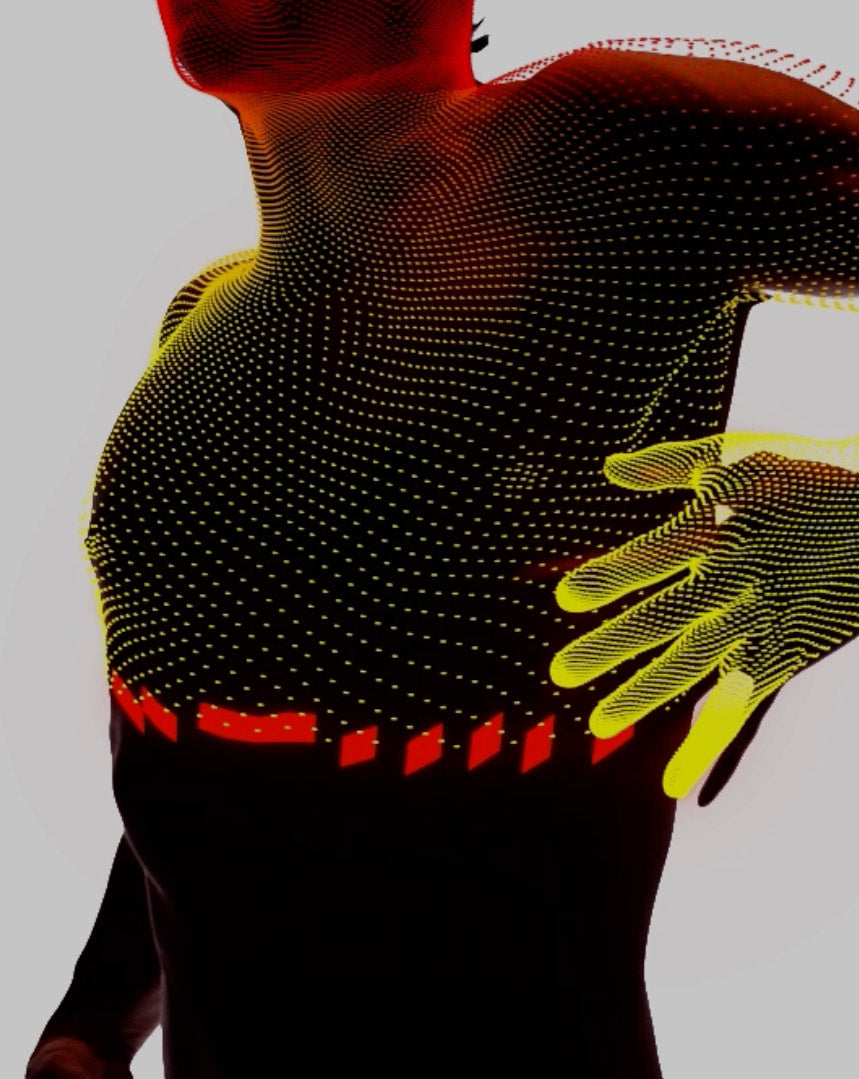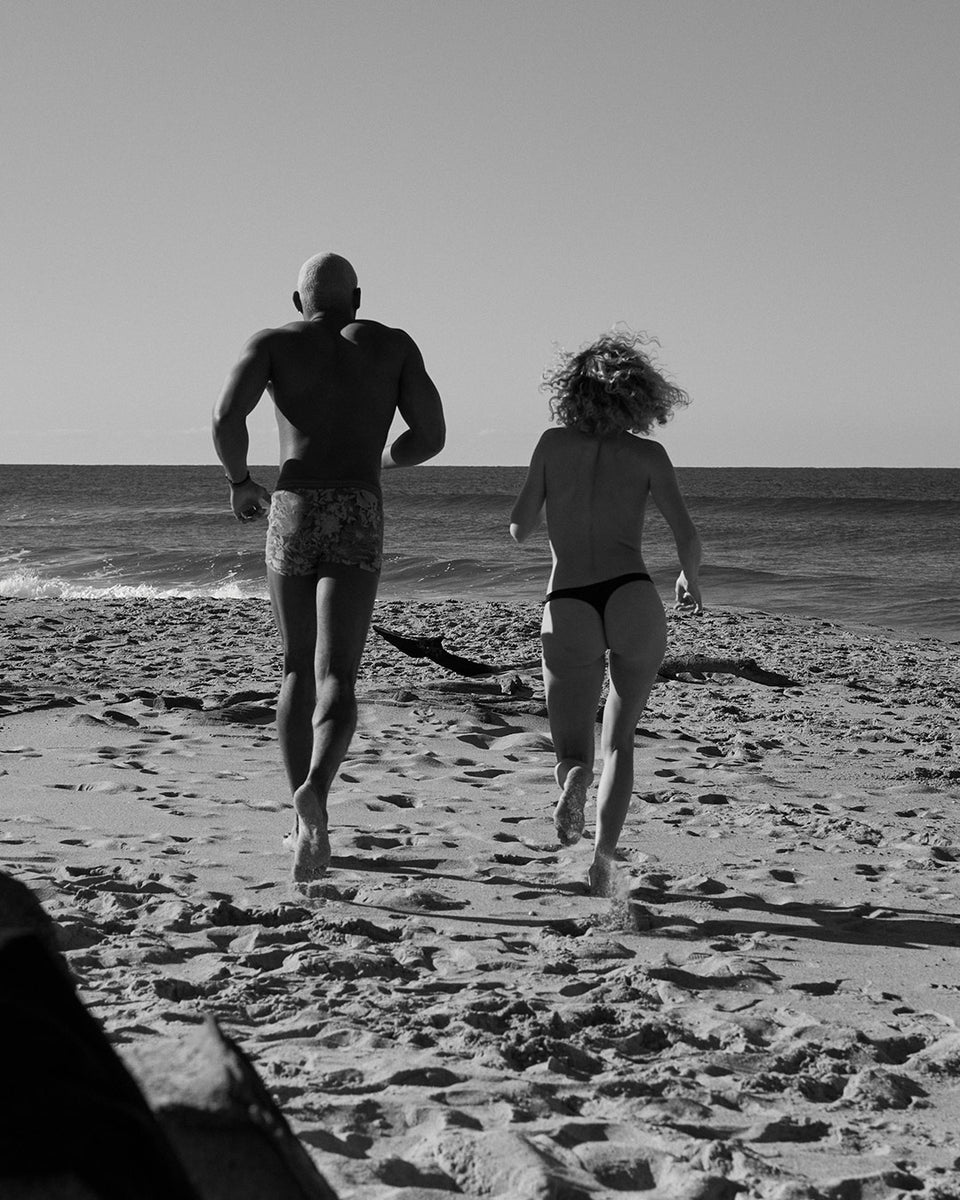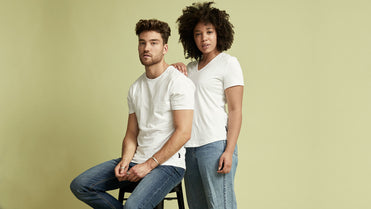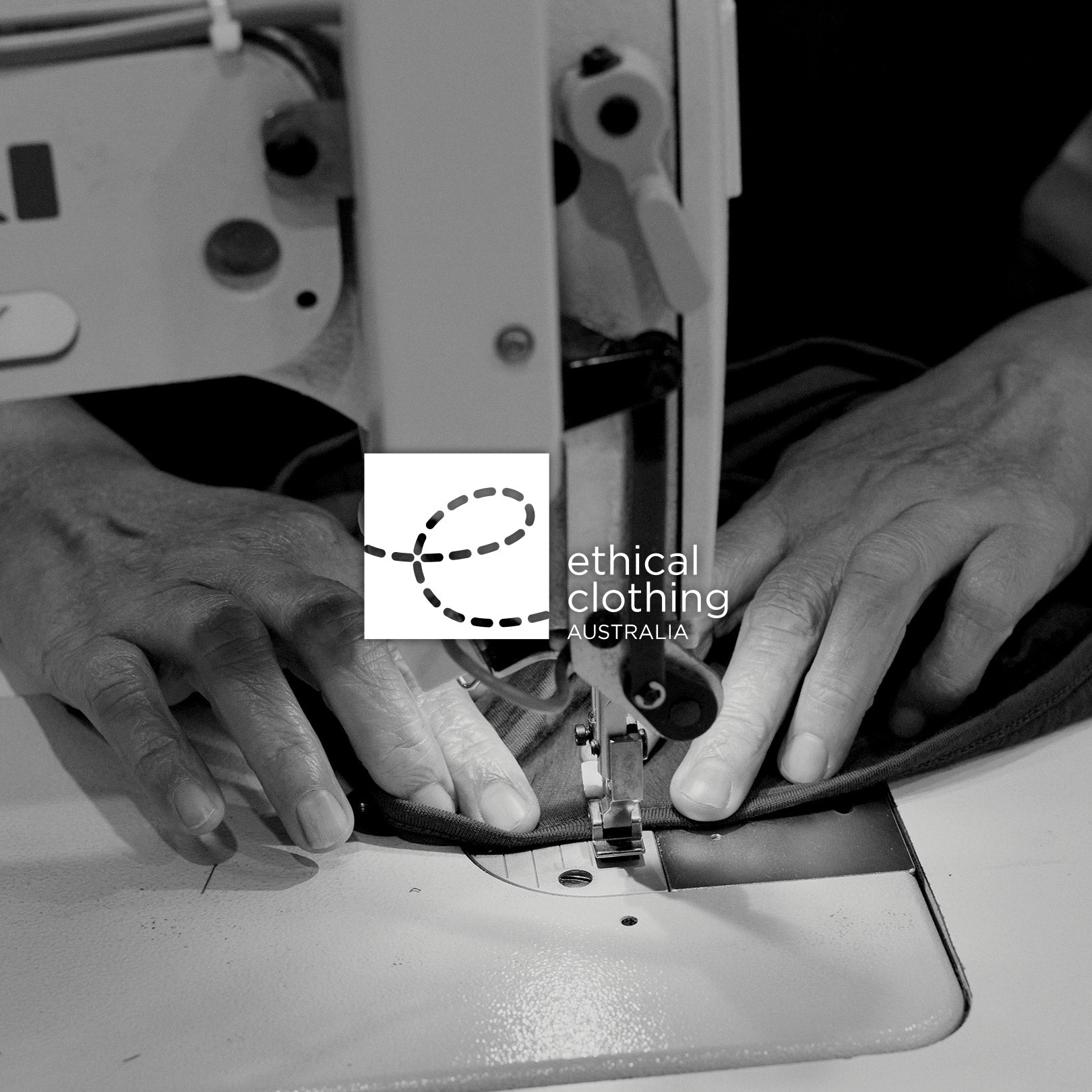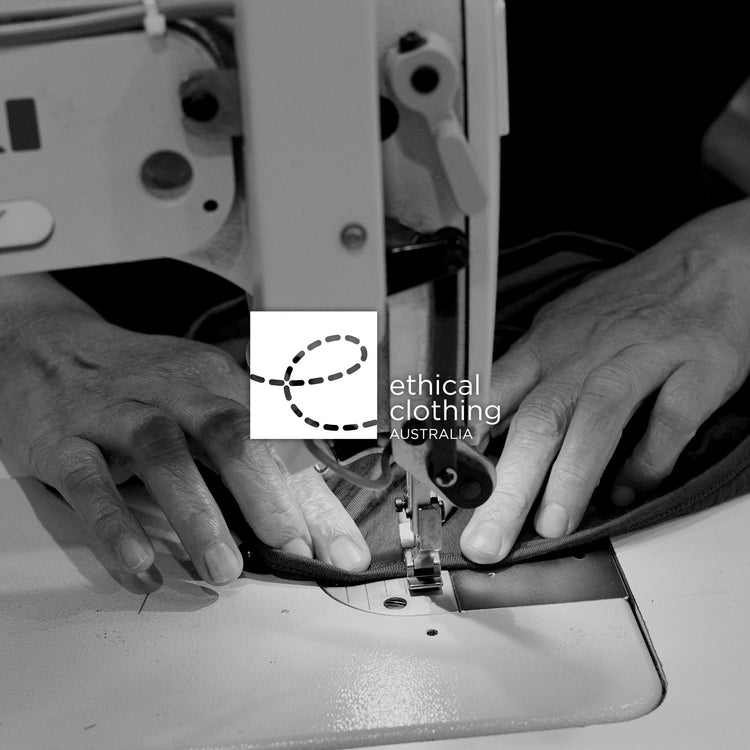In 1964, journalist Donald Horne famously declared, "Australia is a lucky country." Six decades later, this sentiment still holds, despite challenges such as rising interest rates, inflation, and escalating rents. Australia continues to boast a high standard of living, a pristine natural environment, and relative insulation from global conflicts.
However, it's crucial to understand Horne's original intent when he coined this phrase. He used it as a pointed critique of a society seemingly content with its good fortune, even though it was run by individuals he considered second-rate. Horne's goal was to stimulate a conversation about Australia's future: should it be a nation that passively relies on its abundant natural resources, or one that actively innovates to become a better society for everyone?
The fashion industry serves as a stark example where the allure of inexpensive clothing often obscures the grim reality of exploited workers who don't share in Australia's luck. This is where Ethical Clothing Australia (ECA) steps in, particularly during ECA Week—a celebration of local Australian brands committed not only to producing superior clothing but also to improving the lives of workers in an industry often associated with sweatshops and greenwashing.
What is ECA?
"Ethical Clothing Australia exists to protect and uphold the rights of Australian garment workers."
Remarkably, in our era of robotics and advanced technology, a whopping 99% of the world's clothing is still made by hand (and sewing machines). For example, stretch fabrics like the luxurious jerseys used in items such as the Magic Fit® Tees require the skilled hands of experienced workers, a task that automation has yet to fully master. Tragically, many of these skilled workers toil away in deplorable conditions for meager wages, often in distant lands—out of sight and, sadly, out of mind.
In Australia alone, nearly half a million skilled garment workers, 77% of whom are women, are employed in factories or work as outworkers from their homes, creating clothing for famous brands you may know and even own. Despite strong labor laws in Australia, the industry still lacks adequate regulation. Workers grapple with issues like exploitation, unsafe conditions, isolation, long working hours, and unstable employment—challenges exacerbated for those with English as a second language or limited access to information about their rights.
The ECA exists to protect and uphold the rights of Australian garment workers. To earn ECA accreditation, a business's manufacturing operations undergo rigorous audits, covering every stage from design to dispatch. These audits ensure that local TCF workers receive fair compensation, all their legal entitlements, and safe working conditions.
What it means to be ECA accredited
"It's not a principle until it costs you money." – Bill Bernbach
The ECA emerged as an independent body established collaboratively in 2000 by industry businesses and unions. Its aim is to combat unethical practices and encourage local retailers and manufacturers to differentiate themselves from less ethical counterparts.
Earning ECA accreditation is no small feat.
Brands must demonstrate a commitment to upholding workers' rights, fair pay, and safe working conditions across all aspects of their business. These audits are conducted by union representatives, ensuring that the health, safety, and rights of workers receive top priority. The scrutiny is meticulous; for example, audits have required tasks as seemingly minor as moving a fire exit sign 20 centimeters (to be perfectly centered above the door) and recalculating hourly rates to four decimal places to pass. Yes, really.
So, why does ECA accreditation matter?
Better transparency
First and foremost, it fosters transparency and trust. Have you ever wondered where your clothes come from and who made them? Ethical production invites you to peek behind the scenes. Brands committed to ethics share the stories of their makers, the communities they impact, and the measures they take to minimize their environmental footprint. This openness builds trust between consumers and the brands they choose to support. It ensures that consumers can make a positive impact when they vote with their wallet.
Better for your conscience
Furthermore, ethical production aligns with a clear conscience. The saying, "look good, feel good," takes on a deeper meaning. Ethical production means you can wear your favorite outfit guilt-free, knowing it wasn't made at the expense of someone's well-being. By supporting ethical brands, you send a powerful message to the fashion industry: style should never come at the expense of people or the planet. After all, you are what you wear.
Better for the industry
Ethical fashion production in Australia isn't solely about creating clothes; it's about generating opportunities for workers and bolstering the local industry. Garment workers are the backbone of the creative fashion industry and play a crucial role in adding economic value beyond the raw materials used.
Supporting brands that demonstrate a commitment to fair wages and safe working conditions allows the local industry to retain these valuable skills. It contributes to an industry that generates $7.2 billion in exports every year and employs over 489,000 people, according to Ernst & Young.
While Australia may not compete on price with lower-wage countries, the "constraints" of ethical fashion present an opportunity for Australia to reshape the industry. The nation can lead the way in technical innovation, sustainability, and modern manufacturing.
Better for the planet
Ethical production also aligns with sustainability, both from a values perspective and in practical terms. Ethical local production prioritizes local materials and labor, resulting in shorter supply chains and lower carbon footprints. Stricter environmental laws in Australia lead to fewer toxic chemicals and less waste dumped into the environment when fabrics are created, ensuring that the true cost of fashion isn't borne by communities.
In the end, being ECA accredited reflects a commitment to doing what's right, even when it's challenging and costly. As Bill Bernbach, one of the "fathers of modern advertising," aptly put it, "It's not a principle until it costs you money." The importance of ECA accreditation lies in the ongoing commitment by brands to make Australia a lucky country not just for some but for all.
And that's a cause worth celebrating.
PS – Are you Sydney based? Come and engage with this vital discussion along with our Cofounder Eric who will be speaking at the ECA Week Launch event this Thursday, October 12. Details and tickets available here.
